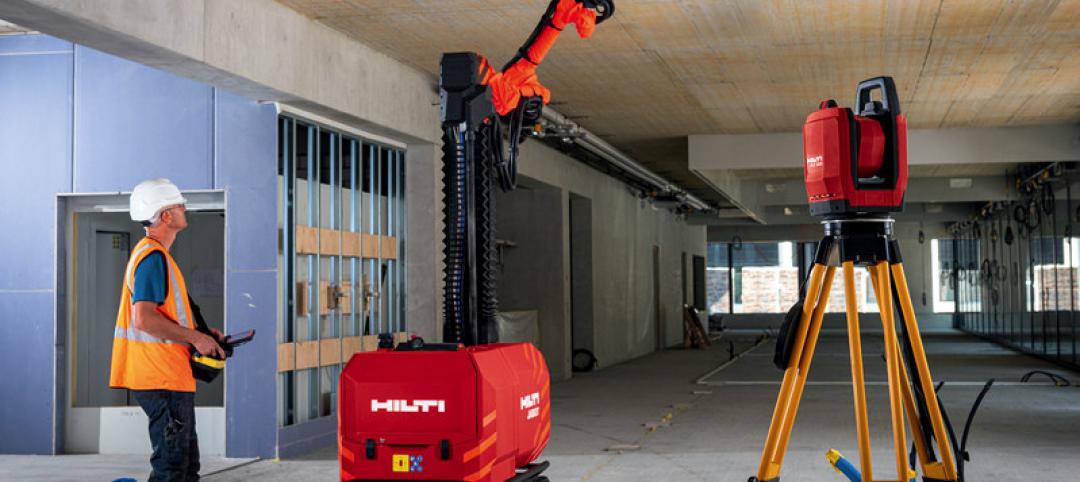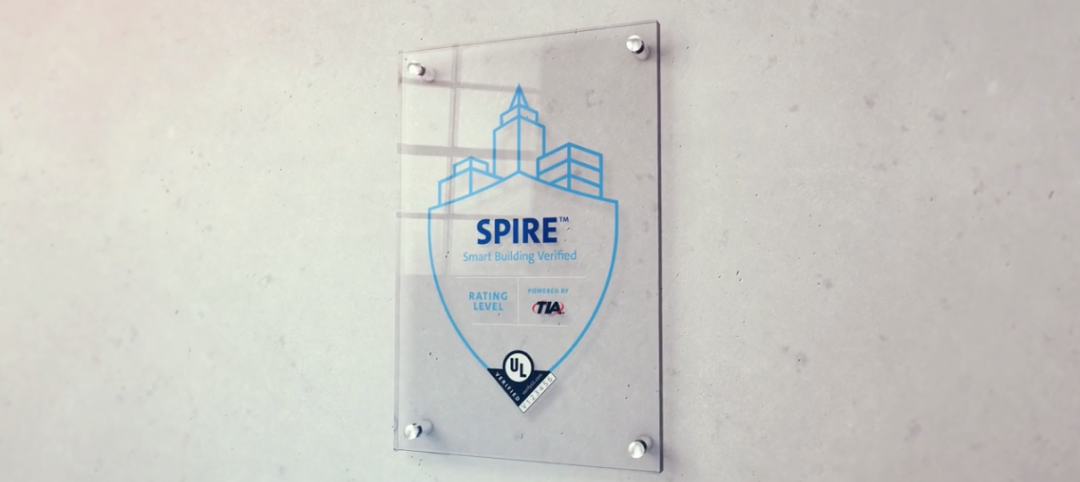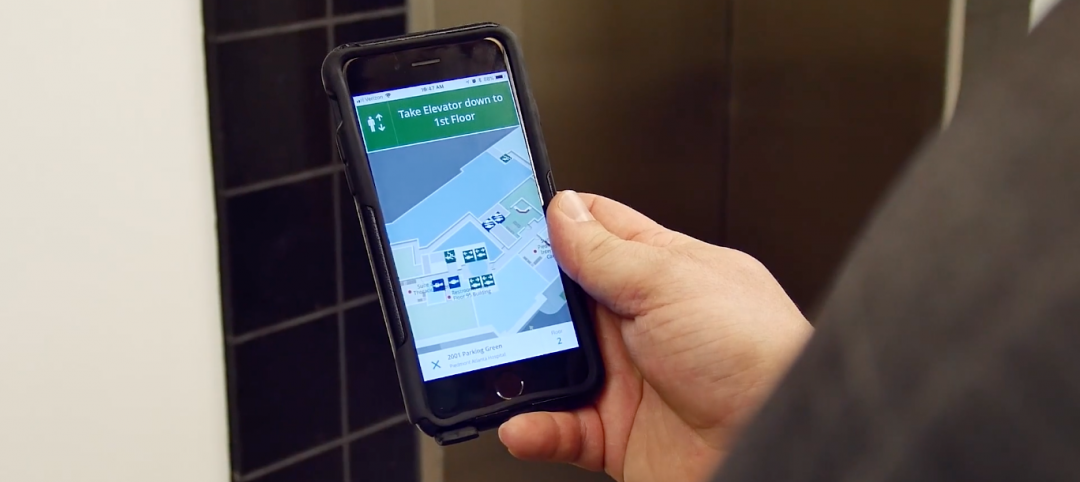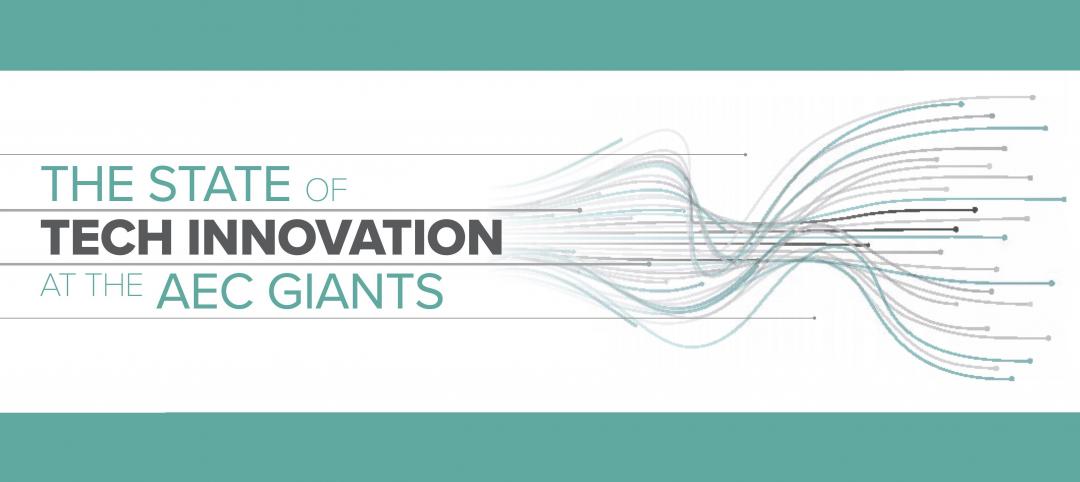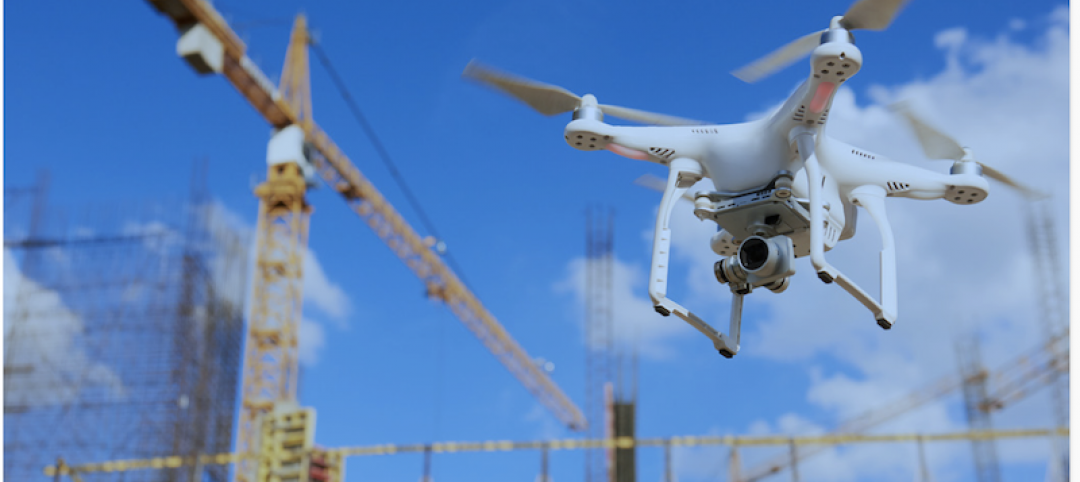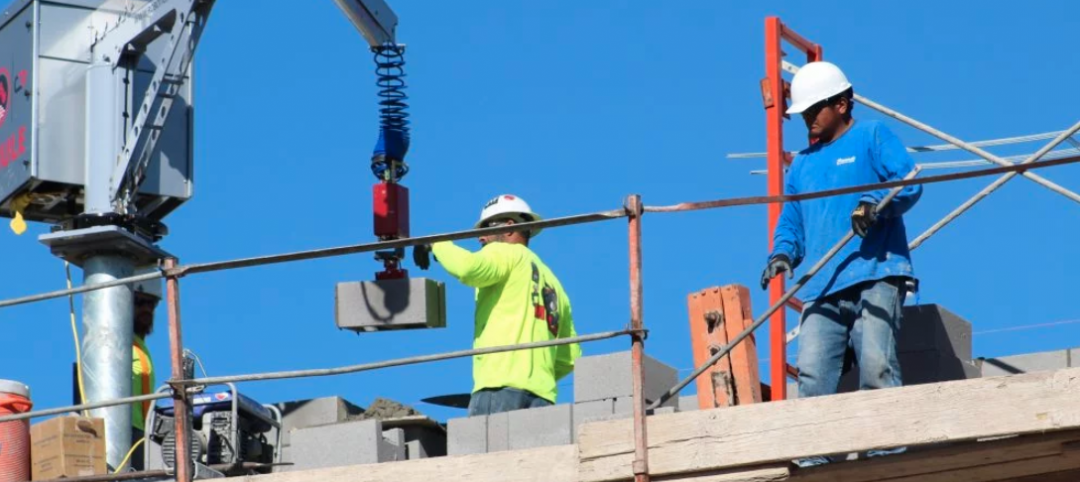As cities across the world ease Coronavirus lockdown restrictions, it is important to ensure that the elevators used by millions of people every day remain a comfortable, efficient and secure way of transportation. thyssenkrupp Elevator offers several options to create a clean and healthy car environment, aiming to reduce the risk of virus transmissions.
To ensure peace of mind for passengers, the company is focusing on three pillars: hygiene, social distancing and touchless technologies that prevent the spread of infection in elevators and escalators in public places. Many of those innovations will remain relevant even after the pandemic.
“The pandemic is definitely accelerating some interesting trends in the elevator industry. thyssenkrupp Elevator is well equipped for the current challenges. We have been exploring several technologies in recent years, such as smart spaces monitoring, remote operation, robots for sanitizing spaces and many more. Today, we have appropriate solutions to protect passengers during the pandemic. Moreover, we also provide innovative technologies for tomorrow that go beyond today’s urban mobility,” says Peter Walker, CEO of thyssenkrupp Elevator.
Hygienic or clean technologies range from handrail sanitization to thermal cameras that detect infected passengers. To clean the air in the cabins efficiently, thyssenkrupp Elevator uses air purification with special filters as well as UV-based solutions.
Touchless technologies include using a special kick-button where the passenger can call a cabin with a simple toe tap instead of touching a pad or button by hand. Experts foresee that touchless technologies will achieve a high adaption in many areas. Forward-thinking technologies like the kick button are solutions that are expected to remain viable in both the short- and long-term.
Social distancing is the third pillar of thyssenkrupp Elevator’s strategy to fight the pandemic. As such, thyssenkrupp Elevator has developed a special Social Distancing Service, which includes traffic monitoring for elevator systems. This service helps tenants stay safe by limiting elevator passengers per cabin so physical distance can be maintained. With the Social Distancing Service, thyssenkrupp Elevator assesses the elevator traffic to help balance building congestion risks with social distancing needs. Based on the needs, the company changes the dispatching software to limit the number of passengers assigned to each elevator car. Using data captured by the predictive maintenance IoT solution MAX, thyssenkrupp Elevator also provides data and information about traffic changes, so passenger wait times and social distancing needs can be balanced.
Related Stories
Smart Buildings | Nov 20, 2020
The Weekly show: SPIRE smart building rating system, and pickleball court design tips
The November 19 episode of BD+C's The Weekly is available for viewing on demand.
AEC Tech | Oct 28, 2020
Meet Jaibot, Hilti's new construction robot
The semi-autonomous robot is designed to assist MEP contractors with ceiling-drilling applications.
Smart Buildings | Oct 26, 2020
World’s first smart building assessment and rating program released
The SPIRE Smart Building Program will help building owners and operators make better investment decisions, improve tenant satisfaction, and increase asset value.
Healthcare Facilities | Mar 9, 2020
Mobile wayfinding platform helps patients, visitors navigate convoluted health campuses
Gozio Health uses a robot to roam hospital campuses to capture data and create detailed maps of the building spaces and campus.
University Buildings | Mar 9, 2020
Auburn University, Robins & Morton open Construction Field Laboratory
Robins & Morton and Auburn University’s College of Architecture, Design and Construction (CADC) recently celebrated the dedication of the Robins & Morton Construction Field Laboratory.
Green | Mar 9, 2020
BuroHappold commits to all new building projects achieving net-zero carbon by 2030
The engineering firm also launched a long-term partnership with ILFI.
Modular Building | Feb 16, 2020
On the West Coast, prefab gains ground for speedier construction
Gensler has been working with component supplier Clark Pacific on several projects.
AEC Tech | Feb 13, 2020
Exclusive research: Download the final report for BD+C's Giants 300 Technology and Innovation Study
This survey of 130 of the nation's largest architecture, engineering, and construction firms tracks the state of AEC technology adoption and innovation initiatives at the AEC Giants.
AEC Tech | Jan 16, 2020
EC firms with a clear ‘digital roadmap’ should excel in 2020
Deloitte, in new report, lays out a risk mitigation strategy that relies on tech.
| Dec 18, 2019
Reconsidering construction robotics
After decades when experts predicted that robots would become more prevalent on construction sites, it would appear that the industry has finally reached that point where necessity, aspiration, and investment are colliding.




